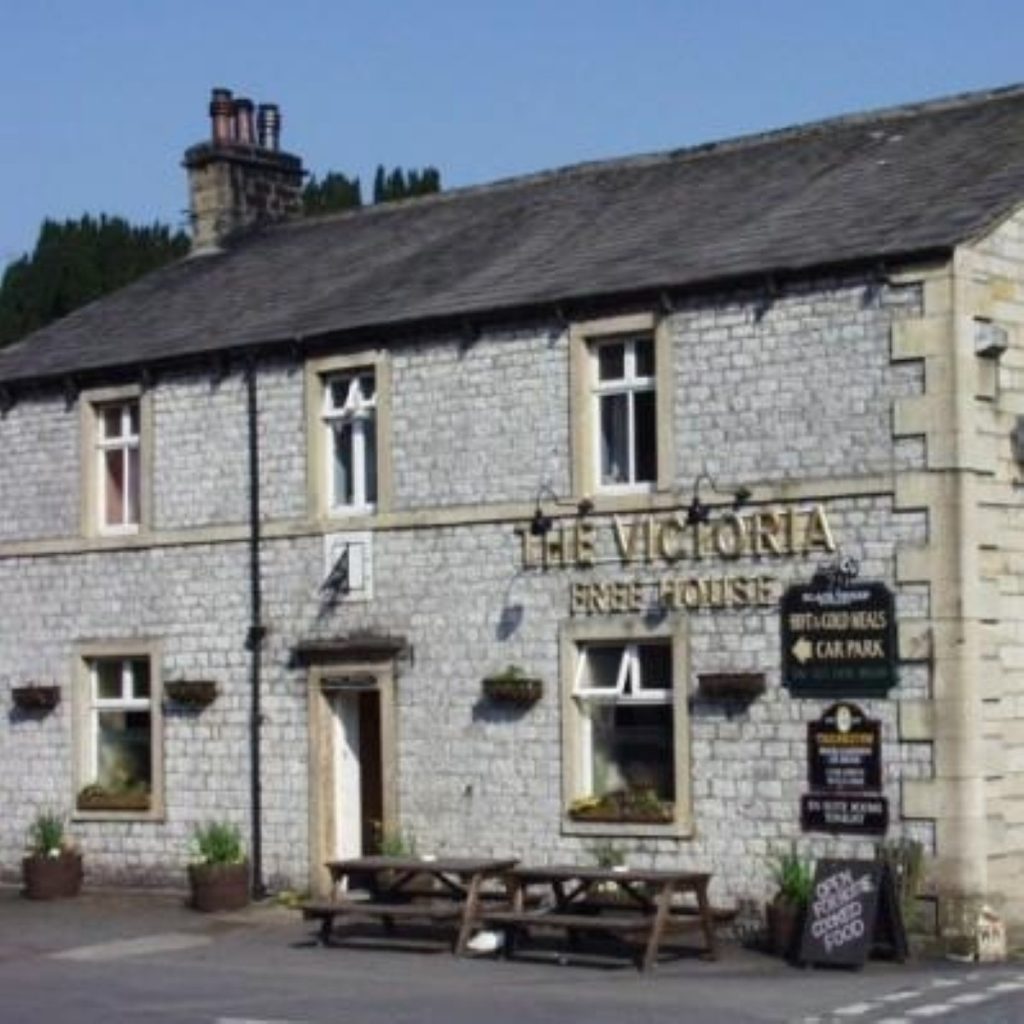More pubs could be exempt from smoking ban
Far more pubs could be exempt from the government’s smoking ban than it has admitted, a new study warns.
And with most of these exempt pubs located in deprived areas, researchers writing in the British Medical Journal warn that the smoking ban could widen health inequalities.
In the white paper ‘Choosing Health’, ministers predict between ten and 30 per cent of establishments would be exempt from the ban because they serve food or are members’ clubs.
But today’s research, which is based on a small study of pubs in one borough, suggests this proportion could be as high as 80 per cent in some deprived areas, where less pubs offer catered food.


The authors estimate that two-thirds of English pubs in deprived areas would be exempt from the ban, compared to only a quarter in affluent areas. When members’ clubs are included, this rises to four-fifths in poor areas and just two fifths in richer regions.
They are now urging the government to scrap the exemption clauses and implement a full smoking ban on public places, so people in poorer areas are not deprived of the health benefits of such a scheme.
“Although this is a small study, our results suggest that people in deprived areas are more likely to live near pubs exempt from legislation to protect them against smoking. This is likely to worsen inequalities in health and smoking prevalence,” the study says.
“The UK government’s white paper estimates ‘only ten to 30 per cent of pubs could be smoking’, but our data suggest the proportion of exempt pubs is higher.
“We urge the UK government to ban smoking in all enclosed public places, similar to the ban proposed in Scotland and enacted in Ireland, to prevent worsening health.”
A spokeswoman for the Department of Health said the exemptions outlined in the white paper were based on “many factors”, not least the fact that the public were far less supportive of measures to introduce a blanket ban.
“We are currently consulting on the proposals in the white paper before legislation goes to parliament, and we will look carefully at all the evidence put forward,” she added.












